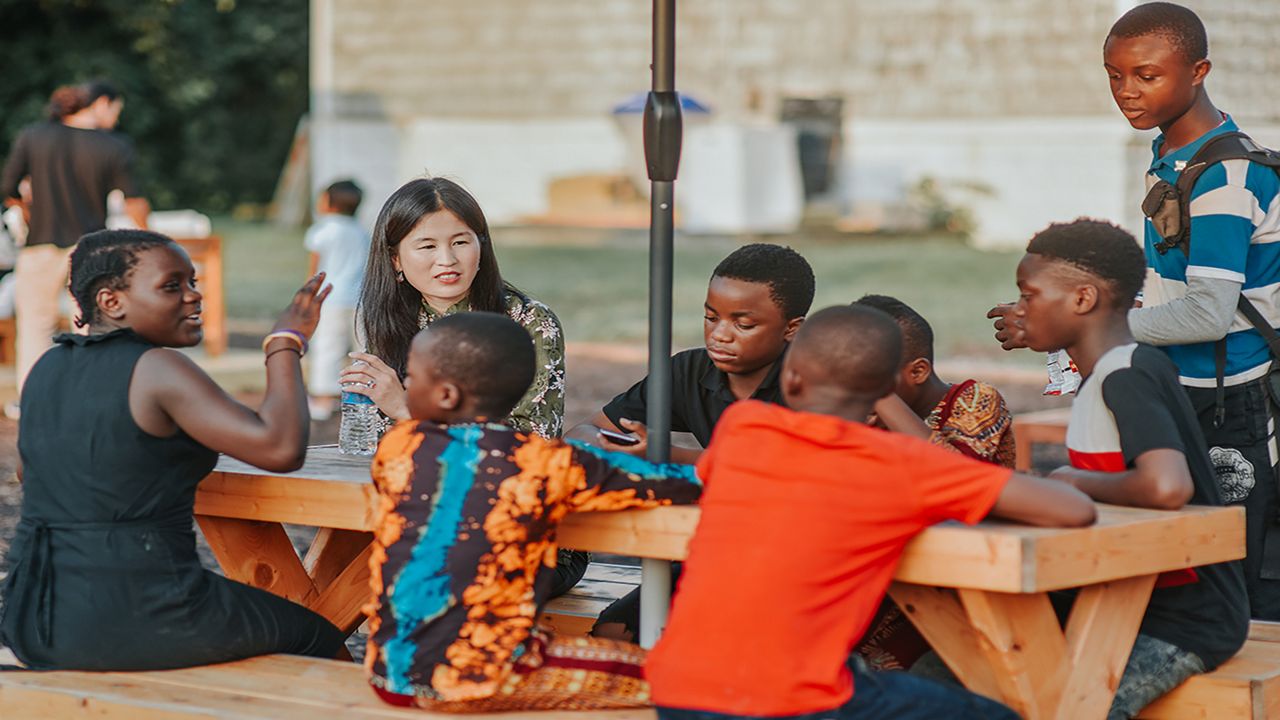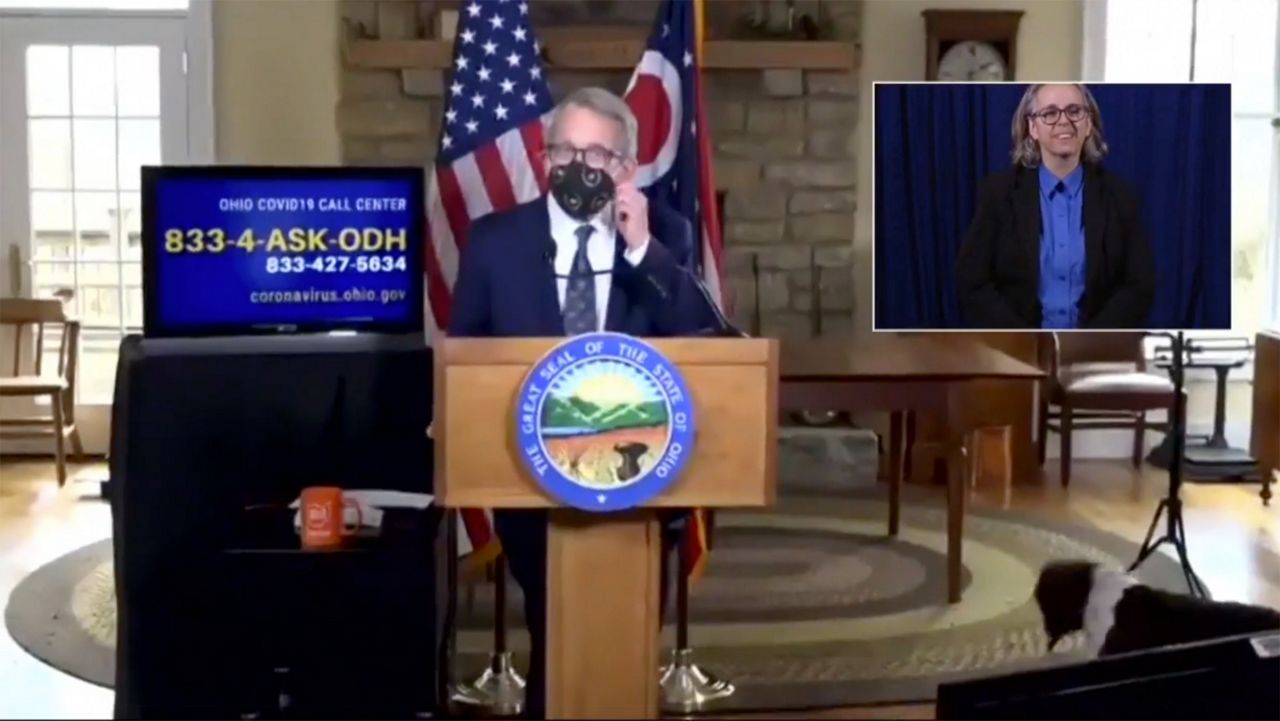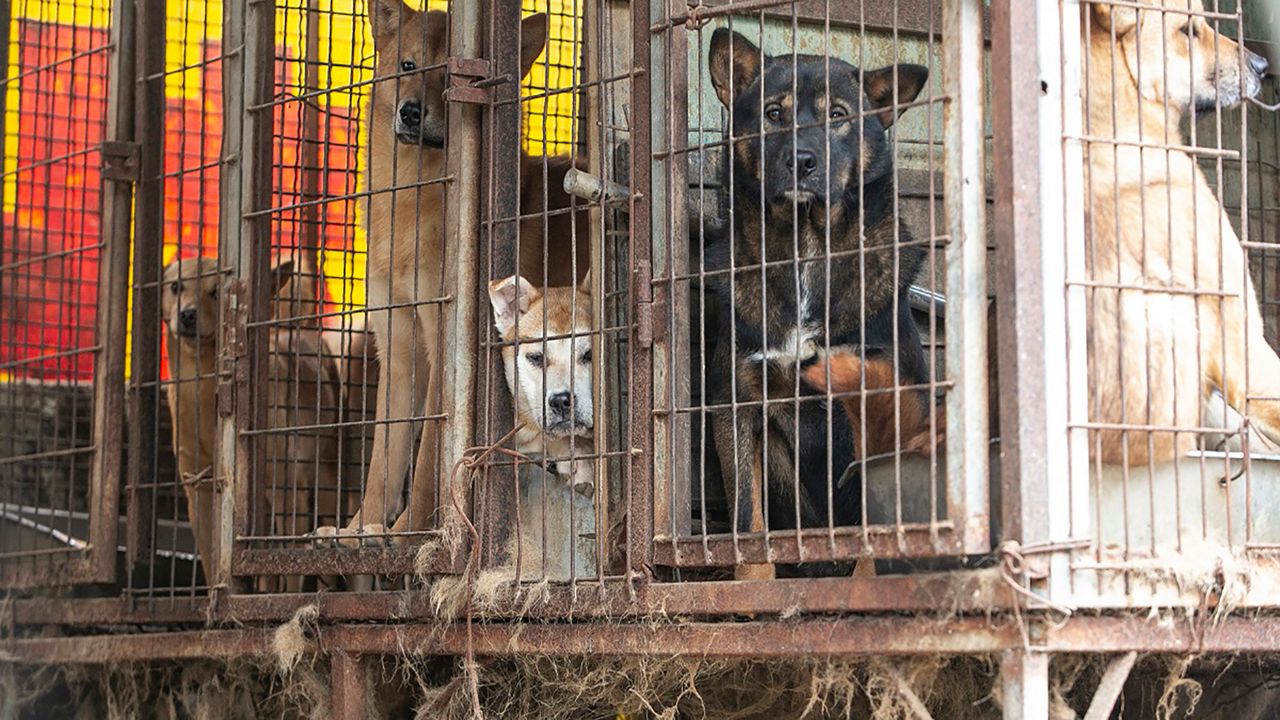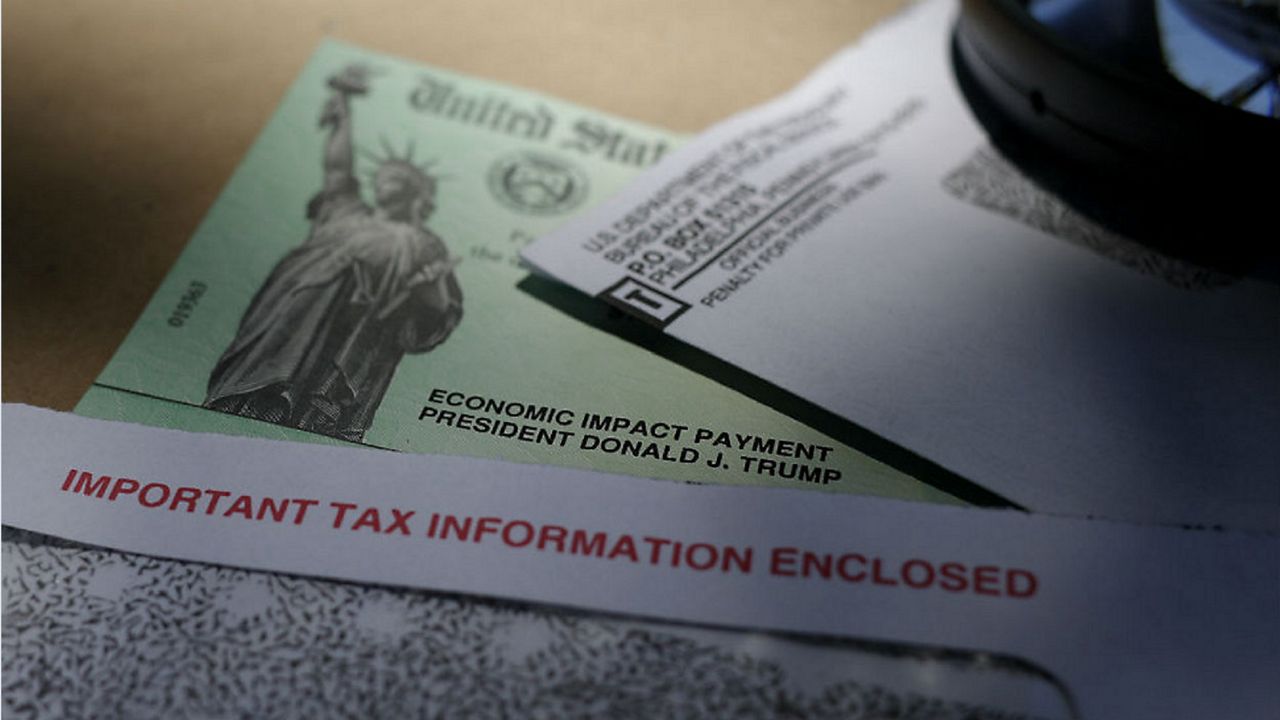AKRON, Ohio – The GAR Foundation has committed $200,000 to create a program intended to bring COVID-19 resources directly to underserved residents in areas of Akron with the greatest need.
The GAR foundation was established by Roadway Express CEO Galen Roush in 1967 to support initiatives that help Akron “become smarter, stronger and more vibrant.”
To that end, GAR created the program, “Know COVID,” to help connect Cleveland Clinic Akron General and Summa Health System directly to trusted groups within underserved Akron neighborhoods.
Under “Know COVID,” the groups are tasked with creating “culturally competent” information about COVID-19 and the vaccine, which will be delivered through several mediums, to Black and immigrant residents, said GAR Foundation Program Officer Bronlynn Thurman.
In addition to working with neighborhood groups, the health care providers also will host virtual information sessions for the community.
“We wanted to make sure that all of the organizations that we focused on were predominantly working with Black and Brown community members,” she said. “We know that Blacks in particular are disproportionately affected by COVID. They're disproportionately affected by a lot of health challenges due to a lot of historic, systemic inequalities, but COVID, just kind of amplified what we were already seeing.”
The U.S. has more than 25 million cases of COVID-19 as the country nears the one-year anniversary of the first “stay-at-home” order issued by Gov. Mike DeWine, according to GAR.
Although African Americans makeup 14 percent of Ohio's population, the Ohio Department of Health reports that they represent 26% of positive COVID-19 cases. African Americans represent 31% of COVID-19 hospitalizations and 17% of COVID-19 deaths in Ohio.
Years of racial inequities have caused many African Americans to mistrust the health care community, which has created a “trust chasm” that “must be bridged,” according to GAR.
The “Know COVID” program has two goals: to connect the Black community to COVID-19, resources and to begin the process of repairing that trust, said GAR President Christine Amer Mayer in the news release.
“We are encouraged that neighborhood organizations and the healthcare systems have stepped forward with enthusiasm and energy to advance these goals,” she said.
Akron is also home to a large and growing immigrant and refugee population. Since 2008, Akron has resettled more than 5,000 refuges from around the world.
The city has the second-largest community of Bhutanese-Americans in the nation, according to the Refugee Processing Center.
The Exchange House, run by the North Akron Community Development Corp., works to provide a safe space for immigrants and minority communities to come together.
As one of the organizations chosen to participate in the “Know COVID” program, the Exchange House will bring together four Black and four immigrant community leaders, said Executive Director Katie Beck.
“In partnership with Summa Health, North Akron Community Development Corp. will collaborate with each leader to shape effective messaging and outreach for their respective community,” Beck said in a text message.
At the onset of the pandemic, the Exchange House worked with a number of multilingual residents to create a series of YouTube videos in various languages for immigrants and refugees.
The “Know COVID” program will run through June, with distribution of information and supplies beginning in February. To see the complete list of neighborhood groups involved in “Know Covid” program, visit the GAR website.








